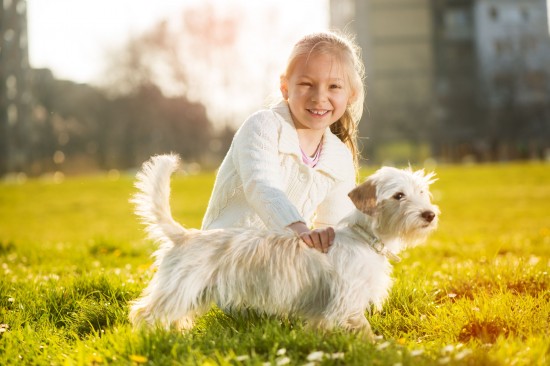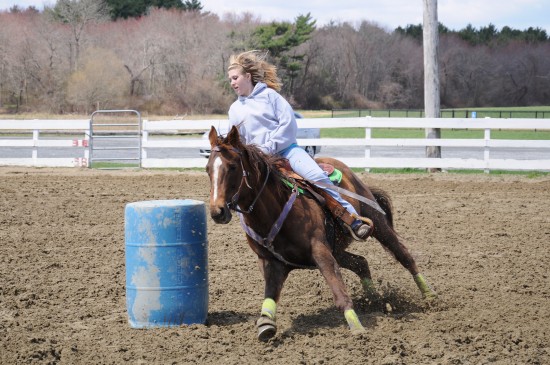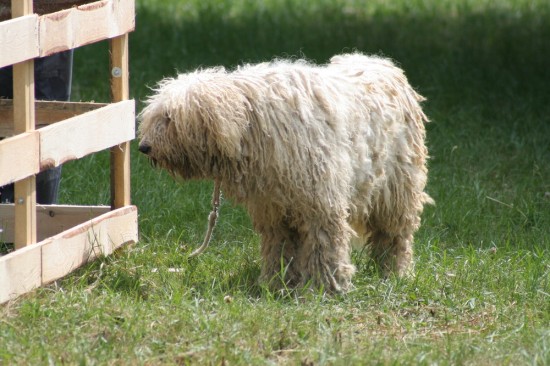There are more or less favorable ages for training a dog. Very young puppies are preoccupied with discovering their environment, but they are never too young to learn the basics. In general, puppies under 6 months will benefit greatly from their experiences with their brothers, sisters, and mother. This is when they learn the elementary "social graces".
While they are learning from their siblings, you can take this time to teach the most basic element of training, trust. They are too young to concentrate on formal lessons, but they can acquire an understanding of your expressions of pleasure and displeasure through sights and sounds as you grow closer together. This is more of a time to bond, but they are always learning, and you can help the process along.
Most training schools and classes will not accept canine students less than 6 months of age, due to the teething process, another distraction. Also during adolescence, dogs, like children, tend to resist authority. Again while formal training may not be possible, you can still work with your dog and help him get through this difficult time.
Generally speaking, you can start to give a dog formal training with the best chances of success between the ages of 12 and 18 months. Small breeds and females, who mature earlier, can start sooner than large male dogs. Working dogs, such as guard or guide dogs are never trained before the age of 1 or 1 years, while hunting dogs are taken out with well-trained older dogs when they are 4 or 5 months old.
There is no maximum age for starting to train a dog. You can teach an old dog new tricks as long as he lives. One of the best obedience competitors in history was a Dalmatian who started training at the age of twelve. The principle handicaps in training unschooled adult dogs are the need for unlearning bad habits, and the greater length of time it usually takes to establish the basic learning process in his undisciplined brain.

 Pets & Autistic Children - A Great Combination
Pets & Autistic C
Pets & Autistic Children - A Great Combination
Pets & Autistic C
 Gymkhana Games To Play With Your Pony
Gymkhana Games To
Gymkhana Games To Play With Your Pony
Gymkhana Games To
 Simple Methods to Come Across a Great Dog Boarding NJ Vendor
You can also find a wide number of arguments that may sway
Simple Methods to Come Across a Great Dog Boarding NJ Vendor
You can also find a wide number of arguments that may sway
 Tips and Tricks for You to Keep Your Rabbit Hutches Clean and Tidy
Tips and Tricks for You to Keep Your Rabbit Hutches Clean
Tips and Tricks for You to Keep Your Rabbit Hutches Clean and Tidy
Tips and Tricks for You to Keep Your Rabbit Hutches Clean
 The Amazing Komondor Dog - Hungarian Sheepdog
The Amazing Komon
The Amazing Komondor Dog - Hungarian Sheepdog
The Amazing Komon